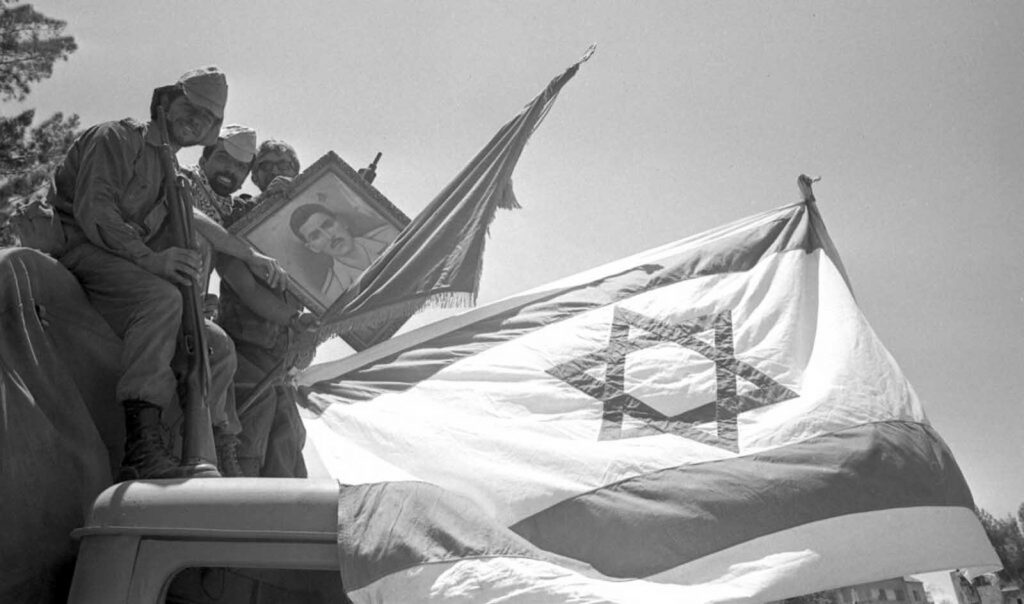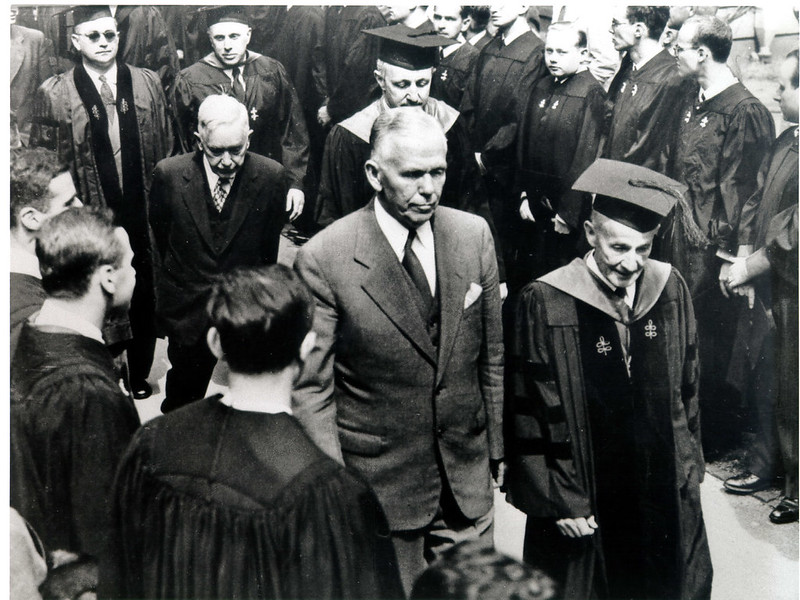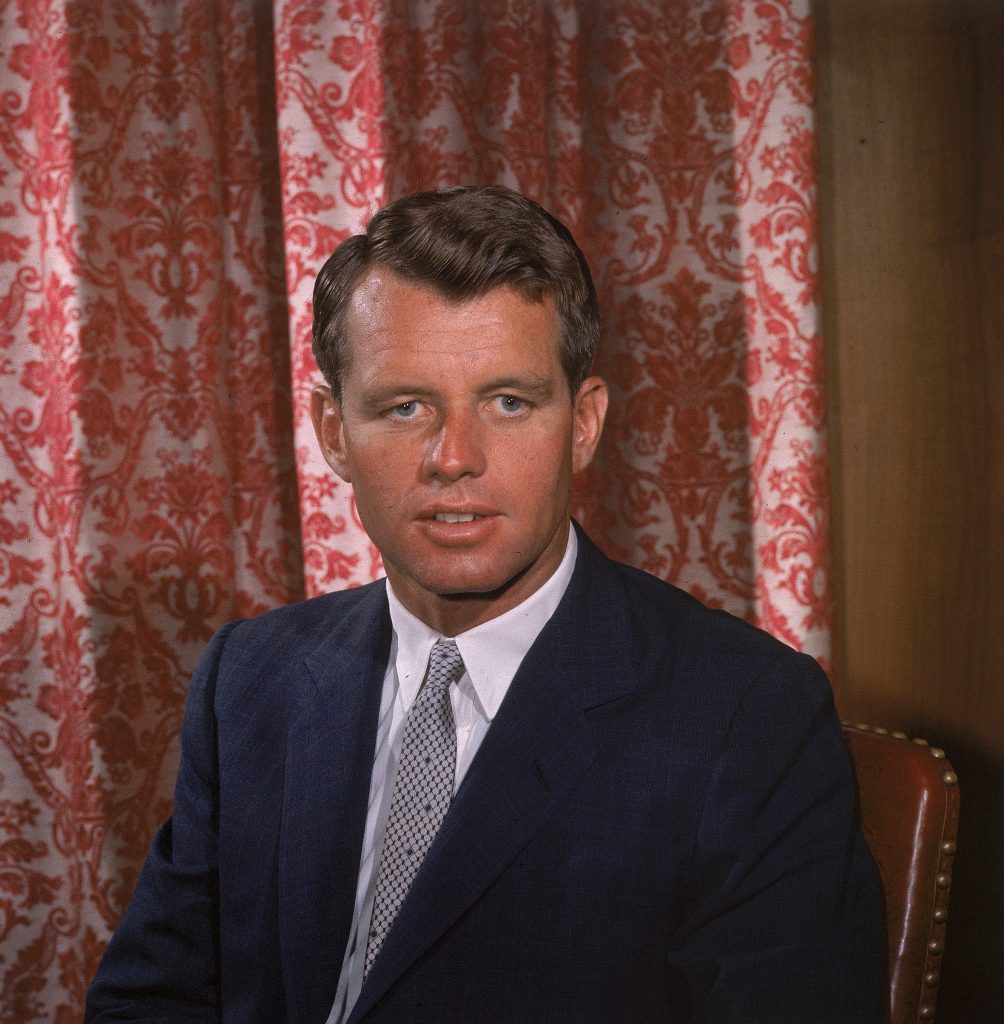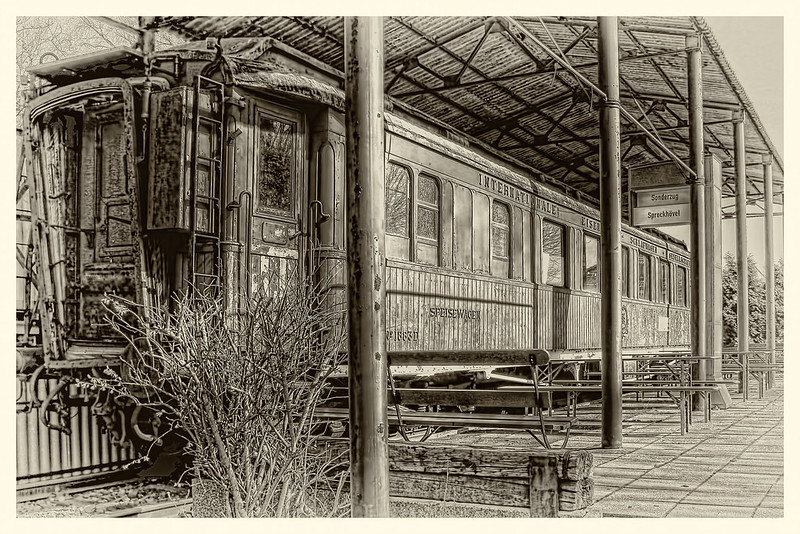A closer look at key historic events that took place on June 5:
In 1981, AIDS is reported for the first time
The Centers for Disease Control and Prevention (CDC) reported the first cases of a rare form of pneumonia, Pneumocystis carinii pneumonia (PCP), in five previously healthy gay men in Los Angeles. This marked the first official recognition of what would later become known as Acquired Immunodeficiency Syndrome (AIDS).

This scanning electron microscopic (SEM) image shows the presence of numerous human immunodeficiency virus-1 (HIV-1) virions (spherical in appearance) budding from a cultured human lymphocytes in this 1989 image obtained from Centers for Disease Control and Prevention (CDC) in Atlanta, Georgia, U.S. on March 5, 2019. Courtesy C. Goldsmith, P. Feorino, E. L. Palmer, W. R. McManus/CDC/Handout via REUTERS ATTENTION EDITORS – THIS IMAGE HAS BEEN SUPPLIED BY A THIRD PARTY.
In 1968, Robert F Kennedy is assassinated
While running for U.S. president he was assassinated on June 5th at the Ambassador Hotel in Los Angeles, California. He had just delivered a victory speech after winning the California Democratic primary for the presidential election when he was shot by Sirhan Sirhan, a Palestinian immigrant. Kennedy succumbed to his injuries the following day.
In 1967, the Six-Day War starts
On June 5 Israel launched preemptive air strikes against Egypt, followed by ground operations against Egypt, Jordan, and Syria. The conflict arose from escalating tensions and military buildups between Israel and its Arab neighbors. By the end of the war on June 10, Israel had captured the Gaza Strip, the Sinai Peninsula, the West Bank, East Jerusalem, and the Golan Heights, significantly altering the geopolitical landscape of the Middle East.

ARCHIVE PHOTO: 55 years ago, on June 5, 1967, the Six-Day War began. Victorious Israeli soldiers sit on a truck and present a picture of Gamal Abdel Nasser, Egyptian President, who started the Six-Day War by blocking the Strait of Tiran the Six-Day War between Israel and the Arab states of Egypt, Jordan and Syria lasted from June 5th to June 10th, 1967, photo not exactly dated c. June 14th, 1967, B/W photo, Photo by: SVEN SIMON/picture-alliance/dpa/AP Images
In 1947, George Marshall proposes the Marshall Plan
The U.S. Secretary of State proposed the Marshall Plan during a speech at Harvard University. The plan aimed to provide economic assistance to rebuild European economies after the devastation of World War II. Officially known as the European Recovery Program, it was instrumental in revitalizing Western Europe and curbing the spread of communism by promoting economic stability.

General George C. Marshall, U.S. Secretary of State, at Harvard University on the occasion of his address to the graduating class, which became known as the Marshall Plan Speech. Cambridge, Massachusetts, 5 June 1947.Ref: 49-5 OECD
In 1883, the first Orient Express leaves Paris
The inaugural journey marked the beginning of a legendary train service that would connect Paris to Istanbul and eventually become synonymous with luxury travel and intrigue. Led by Belgian entrepreneur Georges Nagelmackers, the Orient Express would come to symbolize the epitome of elegance and adventure, immortalized in literature and film for its iconic routes and opulent accommodations. It has been featured in many works of popular culture, including Bram Stoker’s Dracula and Agatha Christie’s Murder on the Orient Express.
– Don’t miss out on To Vima’s daily “On this Day in History” posts.




